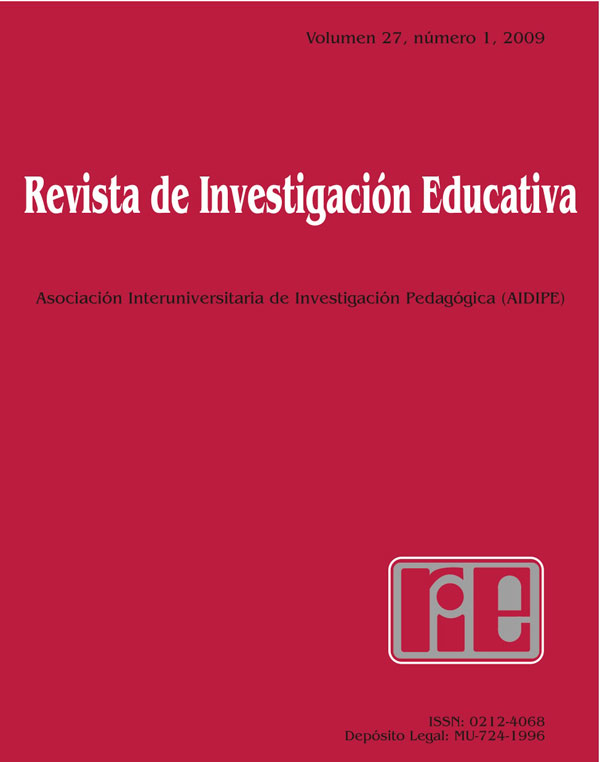Lifelong learning: diferentes contextos, diferentes situaciones
Abstract
Learning is an action we constantly do through our lives and where the context becomes something inevitably linked to the human actions that are developed in any cognitive activity, in academic contexts as well as in daily life contexts. In this study we have analyzed the action developed in daily and academic tasks related to certain contexts, and we have identified and described the Cognitive Strategies (CS, from now on) or intentional procedures which allowed us to take the suitable decisions to solve those tasks. That is to say, knowing the cognitive strategies used in different contexts when carrying out daily life and academic tasks, will make us develop basic competences for lifelong learning and for educating citizens who are able to transfer their knowledge into new contexts. In order to identify those CS, we selected a group of subjects and proposed them to carry out several tasks and to verbalize their strategic thinking. This verbalization is, together with the participant observation and the deep interviews applied to all the subjects, the key element so as to detect and analyze the CS employed.Downloads
-
Abstract749
-
PDF (Español (España))824
The articles and scientific documents published in RIE abide the following conditions:
1. The Servicio de Publicaciones de la Universidad de Murcia (the publisher) has the property rights (copyright) of all the documents published and allows the reuse under the user’s license indicated in point 2.
2. All documents are published in the digital edition of RIE under a Creative Commons Reconocimiento-NoComercial-SinObraDerivada 4.0 Internacional. (legal document) license. These documents can be copied, used, distributed, communicated and explained publicly if: i) the author(s) and its original source of publishing (magazine, publisher and URL of the document) are cited; ii) it is not used for commercial purpose; iii) the existence and the specifications about this license are mentioned.
3. Auto-archive’s conditions. The authors are allowed and encouraged to digitally distribute the pre-print versions (a version before evaluation) and/or post-print (a version that it is already evaluated and accepted to its publication). This promotes circulation and distribution earlier and can increase the citations and significance within the academic community.









